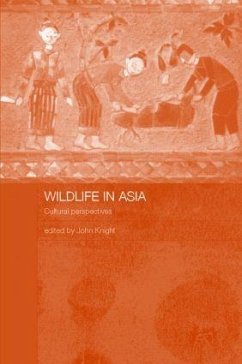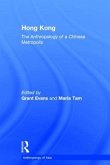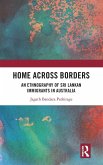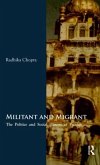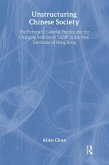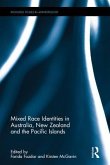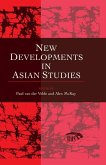Drawing on anthropological and historical data, this book examines human-wildlife relations in China, Tibet, Japan, Bhutan, Indonesia, the Philippines, Malaysia, India, Thailand and Vietnam. The volume initially focuses on the various ways in which wild animals are exploited as a resource, for food, medicine and crop-picking labour, before examining animals termed as pests or predators that are deemed to be harmful and dangerous. Bringing together anthropologists and historians, this book analyses the range, variability and historical mutability of human sensibilities towards animals in Asia and will be of interest to Asianists and anthropologists alike.
Bringing together anthropologists and historians, this volume examines the range, variability and historical mutability of human sensibilities towards, and relationships to, animals in Asia.
Bringing together anthropologists and historians, this volume examines the range, variability and historical mutability of human sensibilities towards, and relationships to, animals in Asia.

